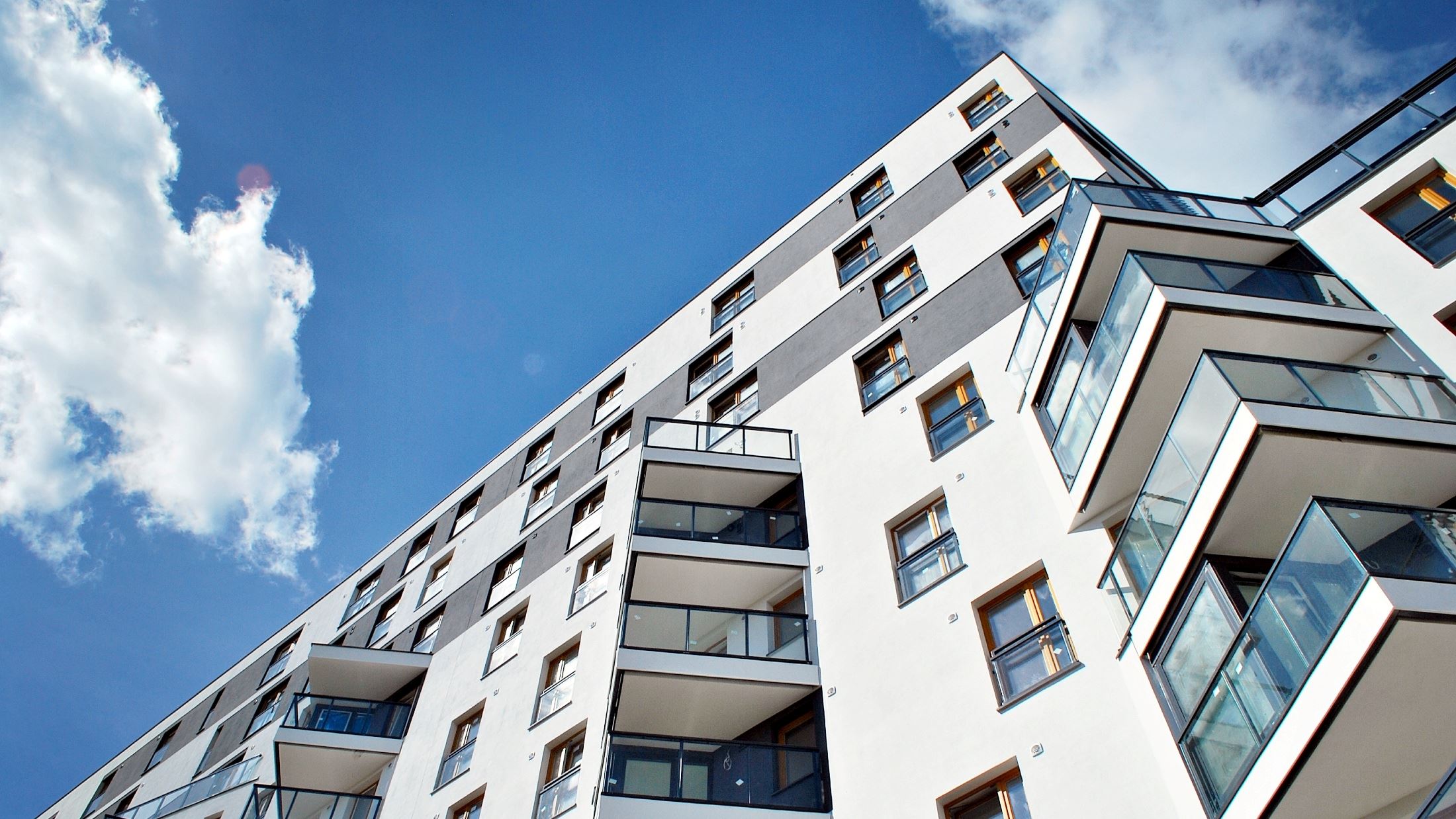Is buying a leasehold property a good idea?
You’ve probably heard the term leasehold, but do you really understand what it means or how it affects your homeownership?
We’ll guess the answer is no – but don’t worry, you’re not on your own. Despite millions of people across the UK owning a leasehold property, very few actually know much about them.
To help clear things up and to see if a leasehold is the right move for you, here the experts at GD Legal take a closer look at what this type of ownership means. Highlighting the pros – and those all-important cons – of leasehold properties.
What is a leasehold?
Let’s keep this simple. When buying property in England or Wales it will fall into one of two main categories – freehold or leasehold.
- Freehold – you own the property and the land it sits on.
- Leasehold – you own the property but not the land.
What types of properties are affected by leasehold?
Any!
Typically, flats are sold as leasehold properties with the land still owned by someone else. Houses are usually more straightforward – given that it’s one home rather than a shared living space – but this isn’t always the case. So it’s important to be fully aware and understand what purchasing a leasehold property will mean.
Pros and cons of buying leasehold property
· Expense
Initially, freeholds tend to be pricier than a leasehold. However, you need to consider the bigger picture and factor in additional expenses further down the line, such as ground rents and service charges.
If you want to extend your lease it’s going to cost you. And it’s worth pointing out here, that the less time left on the lease, the more expensive extending it is likely to be.
· Leasehold life spans
With a leasehold property, ownership of the land belongs to the ‘freeholder’. Interestingly though, whilst you do own your property, there is an end date.
Usually, this is years off – decades or even centuries – but it can be much less. This is where the problems kick in, as technically the building becomes the property of the freeholder once your lease expires.
· Moving on
If you’ve found the ideal property, it’s unlikely you’ll want the fact it’s leasehold to get in the way of making it yours, but you need to think long-term.
Selling in the future, as your lease becomes shorter, can be problematic.
Anything less than 80 years on a lease can dramatically decrease your property’s market value and make selling it on more difficult.
· Rights and responsibilities
With a leasehold, you’re never in complete control. Your actions with your property can be tapered by restrictions – even down to whether you’re allowed a pet!
On the plus side though, it’s usually the responsibility of the freeholder to carry out any repairs to the property…although you may have to contribute to the cost.
Can a leasehold be extended?
Yes, absolutely – but it can often be complex and expensive.
If there are centuries left on a lease, then there’s really nothing to worry about. But once that figure drops below 90 years, alarm bells need to start ringing.
At this point, the sooner you start making enquiries into extending your lease the better. Below 80 years, and not only does the cost of an extension massively increase, but so too will mortgage rates. Properties with less than 60 years until the lease expires are largely seen as unmortgageable.
Changes to the rules
Over recent years, headlines have been fraught with cases of buyers believing they have been misinformed – or worse yet, not informed at all – about the leasehold status of their property.
It’s for this reason that new government reforms were announced in January of this year. These promise to make it easier and cheaper for people to buy their homes, giving leaseholders the right to extend their lease by 990 years and banishing ground rent. Great news if you’re considering, or already own, a leasehold property.
Get help from the experts
Whilst things look encouraging for leaseholds, these changes aren’t enforceable yet, so it’s essential to find out everything there is to know about a property before you fully invest.
The best way to avoid costly pitfalls and ensure all your rights are properly protected? Work with an experienced property conveyancer, like those here at GD Property Solicitors. Highly skilled and experienced in leasehold agreements, our team is ready and waiting to assist. Why not get in touch now or fill in a few quick details for a free instant quote for our competitive services?
